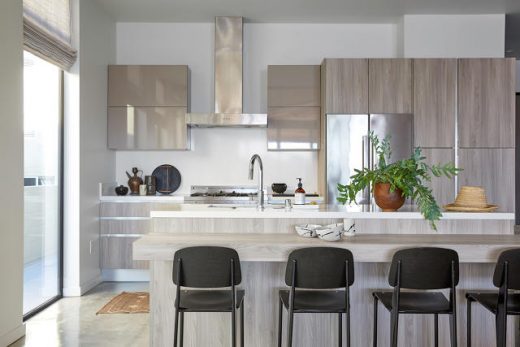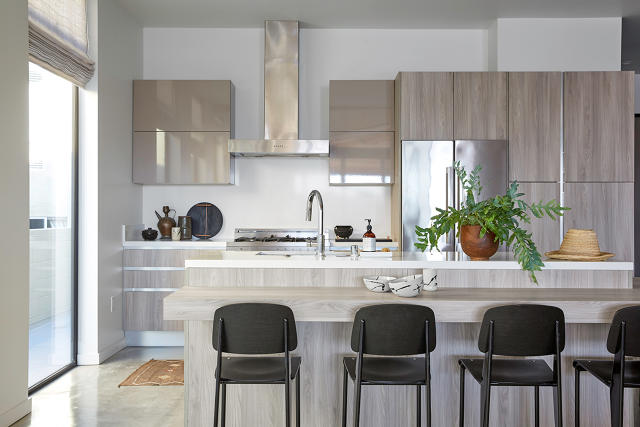This Bedsheet Startup Branched Out To Launch A One-Room Hotel
Today’s shoppers have made it clear they prefer to buy products online, rather than schlepping to a store. Experts are even predicting that a third of all malls will be shuttered in the next few years.
Yet many brands that first started online made the deliberate decision to open physical spaces. Everlane has launched “Shoe Parks,” which the company describes as urban retreats where you can kick off your shoes and try on the brand’s selection. Luggage brand Away opened a concept store with curated products, live performances, and speaker series related to traveling. And Warby Parker, a brand famously built for the internet, is quickly expanding its retail locations across the country.
Bedsheet brand Parachute wanted to come up with its own twist on the brick-and-mortar concept. In May, when Parachute opened its first store, founder and CEO Ariel Kaye noticed how guests would bond was by playing around with the bedding and towels together. “Young couples would come in together and spend an hour asking lots of questions and mixing and matching different prints in a way that they would not feel comfortable doing online,” she says.
Some guests would buy sheets on the spot, while others would do so later, online. The actual purchasing experience though, seemed almost secondary. Guests were much more interested in spending a fun afternoon together, learning about bedding, and relaxing in a cozy place. Kaye was excited that she had created a place where people really seemed to enjoy spending time, and wanted to find other ways to do this.
When the loft above Parachute’s offices in Venice, California became available, Kaye came up with the idea of turning it into a small boutique hotel. It was so small, in fact, that it would only have one room. “We’re using the term “hotel” very loosely,” Kaye says.
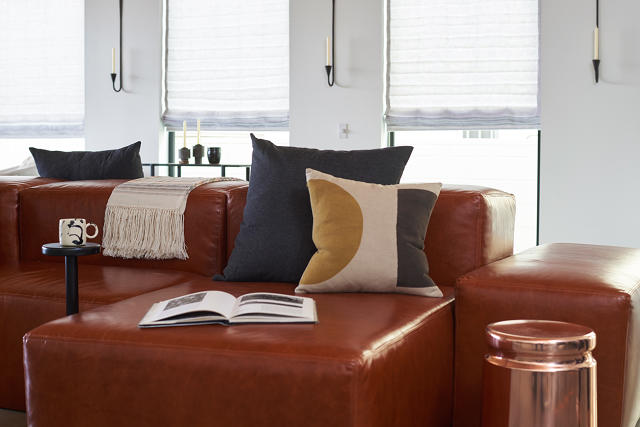
A number of lifestyle brands have recently announced that they are launching hotel chains. said it was starting its own chain. Before that, Restoration Hardware, Equinox, and Shinola all announced they were getting into the hotel business. (They are each partnering with hotel management companies who will actually run the hotels’ daily operations.)
Parachute’s new concept is going to be quite different from these others, which have much more in common with traditional hospitality companies like Hilton or Marriott. At the 2,200-square-foot Parachute Hotel, guests will be able to reserve the space for overnight stays, at a cost of $600 a night, and receive tailored itineraries for their stay in Venice. Since the room will be outfitted with Parachute sheets and towels, it will give these guests an opportunity to experience the product range and live in the brand’s world. If all goes well, these guests could become powerful influencers and advocates for Parachute.
But Kaye envisions the space as being much more than a hotel. She wants it to be a real home in the middle of the Venice neighborhood that will also serve as a community center. “We’re trying to create a narrative about our relationship with this community that is about more than just transaction,” she says.
As such, the hotel will serve as a gathering place for dinners, workshops, and speaker series that will be open to the local community. Some of these events will be ticketed, which will provide another revenue stream for the brand. But all of these activities will be connected to what the brand stands for: home, comfort, high quality, and a particular design aesthetic. This might mean a flower arranging workshop or a wine tasting event. Or the space might transform into an art gallery featuring the work of a local artist.
Kaye says such collaborations with artists and designers are very important. The hotel will be outfitted with furniture and art from other independent designers that share Parachute’s modern, gender-neutral aesthetic. “We’re really excited to showcase brands that wouldn’t otherwise be able to present their designs or furniture in L.A. because they don’t have a store or a showroom,” she says.
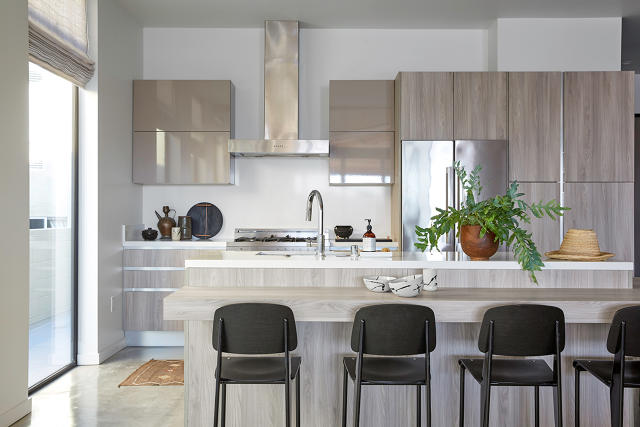
For Kaye, the business value of this space is that it allows her team to get to know her customer in a more intimate way, which will help as they develop new products. It will also help them shape and express the brand’s point of view, then allow other people to physically step into it.
She believes the space will translate into revenue, both by holding paid events there and because visitors will want to buy a piece of a Parachute lifestyle. There will also be other intangible benefits that are harder to quantify. The Parachute Hotel is one way to move the brick-and-more store into the future, which is really not like a “store” at all. “We see it as a place to creatively express who we are as a brand,” says Kaye. “We are a home brand, so creating a one-bedroom home allows people to experience Parachute’s values.”
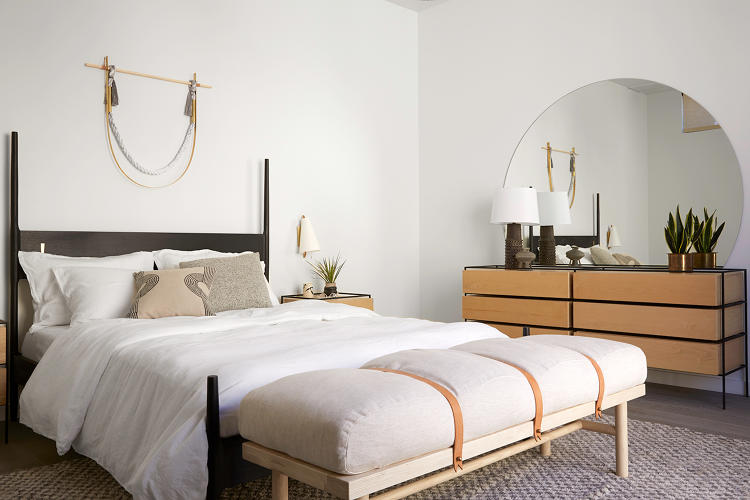
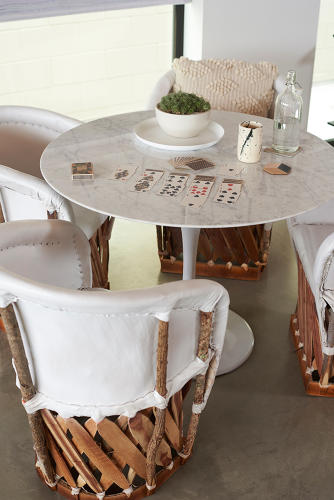
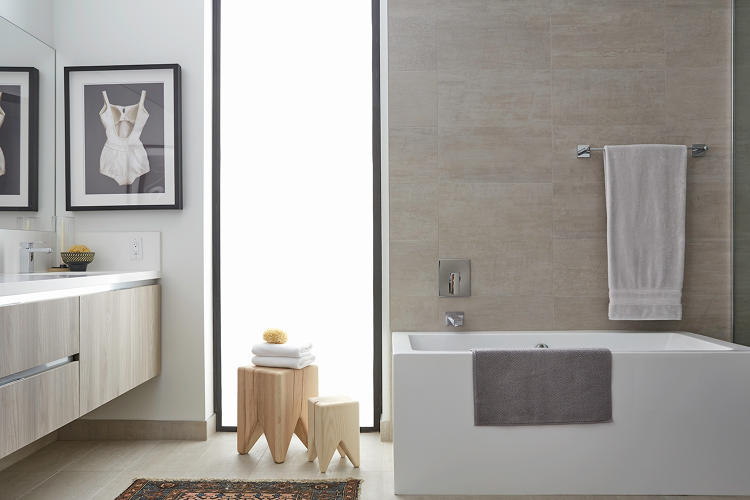
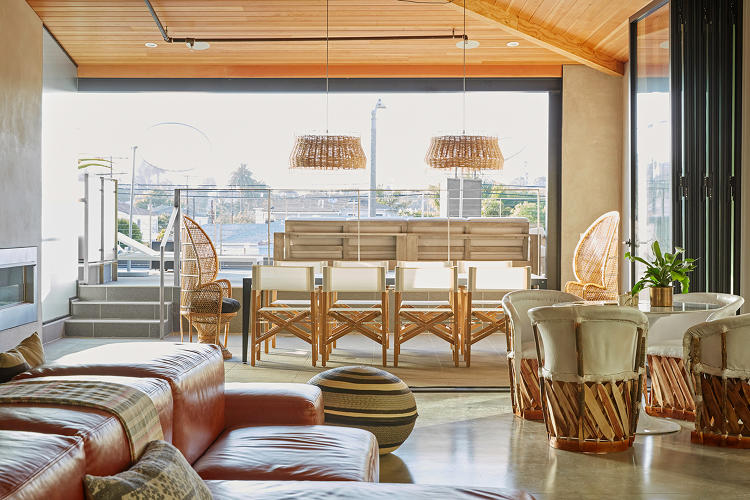
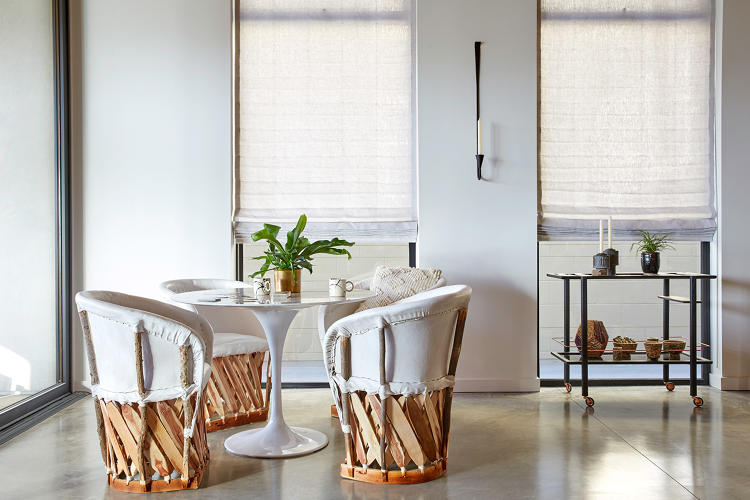
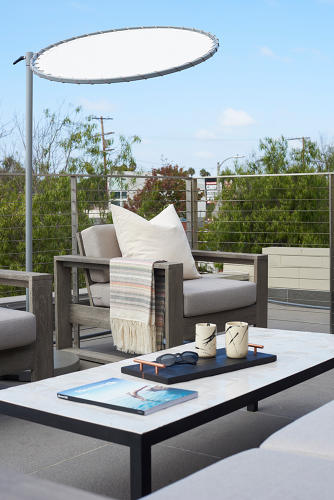
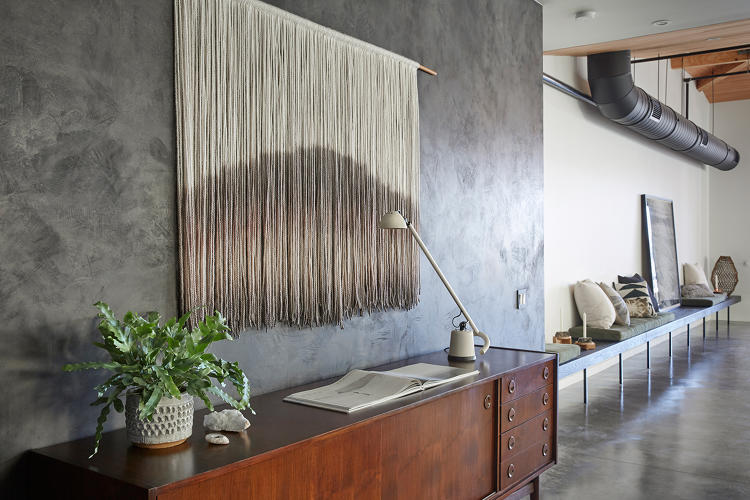
Fast Company , Read Full Story
(29)

